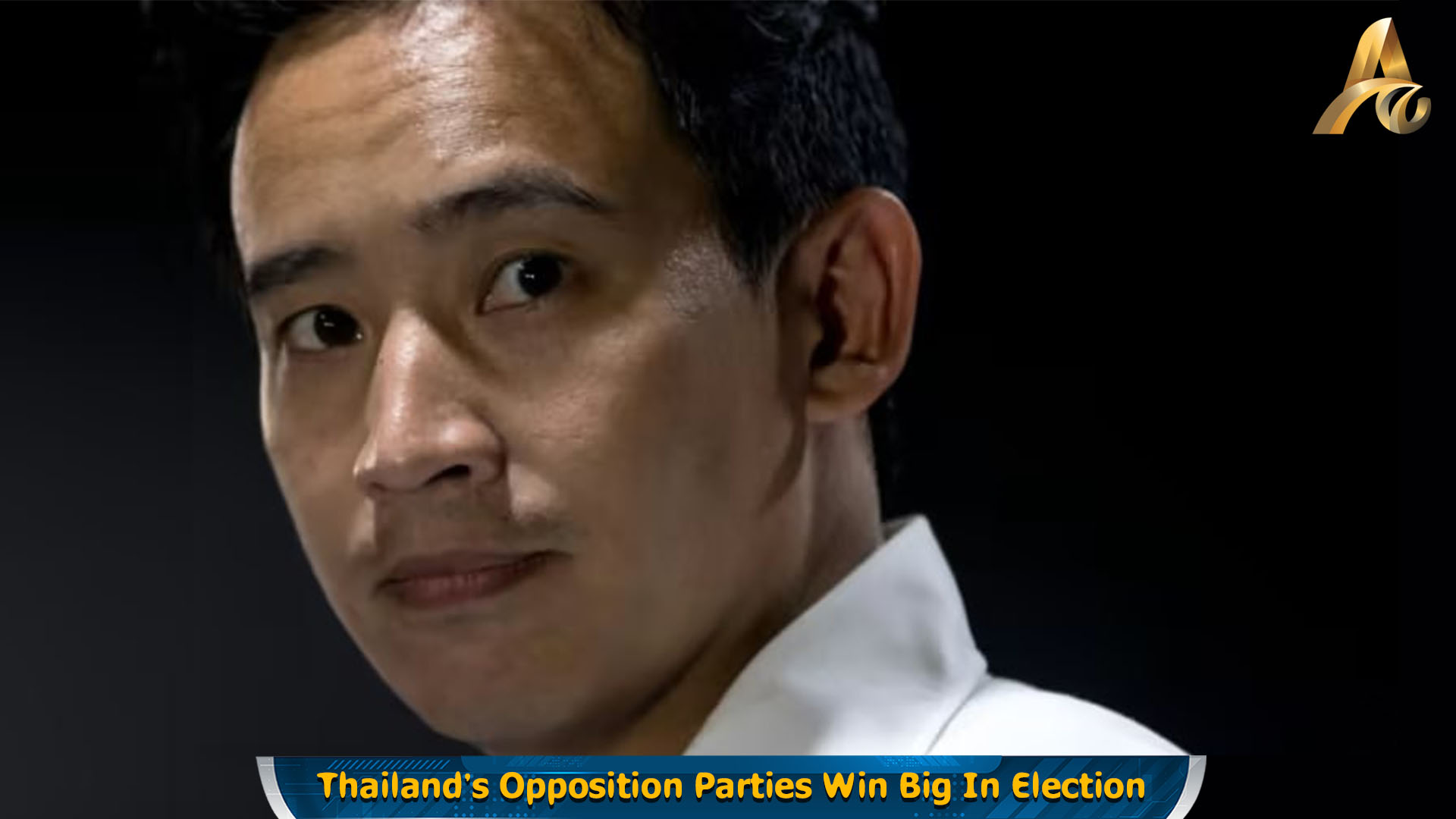Thailand's opposition parties won a landslide victory in Sunday's election, dealing a major blow to the military-backed government.
With 99% of the votes counted, the liberal Move Forward party and the populist Pheu Thai Party were far out in front. Move Forward was projected to win 113 seats in the 400-seat House of Representatives, while Pheu Thai was expected to win 112 seats.
The two parties were far ahead of the military-backed Palang Pracharat Party, which was projected to win just 11 seats.
The election results are a major victory for the opposition, which has been campaigning for reforms to the country's political system. Move Forward has called for a reduction in the military's role in politics and for changes to the electoral system.
The results are also a setback for Prime Minister Prayut Chan-o-cha, who led a coup in 2014 and has been in power ever since. Prayut has said he will respect the results of the election, but it is unclear whether he will be able to form a government.
The opposition parties will now need to form a coalition government in order to take power. They are likely to face challenges in doing so, as the military and its allies still have significant influence in Thai politics.
However, the election results are a sign that the Thai people are tired of military rule and are looking for change. The opposition parties will now have the opportunity to implement the reforms that they have been calling for.
What does the election mean for Thailand?
The election results are a major victory for the opposition and a setback for the military-backed government. The opposition parties are now in a strong position to form a coalition government and implement the reforms that they have been calling for.
The election results are also a sign that the Thai people are tired of military rule and are looking for change. The opposition parties will now have the opportunity to address the concerns of the Thai people and to build a more democratic and prosperous future for the country.
What are the challenges facing the opposition?
The opposition parties will face a number of challenges in forming a government. The military and its allies still have significant influence in Thai politics, and they are likely to try to obstruct the opposition's efforts to implement reforms.
The opposition parties will also need to find a way to unite and work together. They have different political views and priorities, and they will need to find a way to compromise in order to form a government.
Despite the challenges, the opposition parties have a real opportunity to change Thailand. They have the support of the Thai people, and they have a clear mandate for reform. If they are able to overcome the challenges they face, they can build a more democratic and prosperous future for the country.

PHOTO: AFP






















